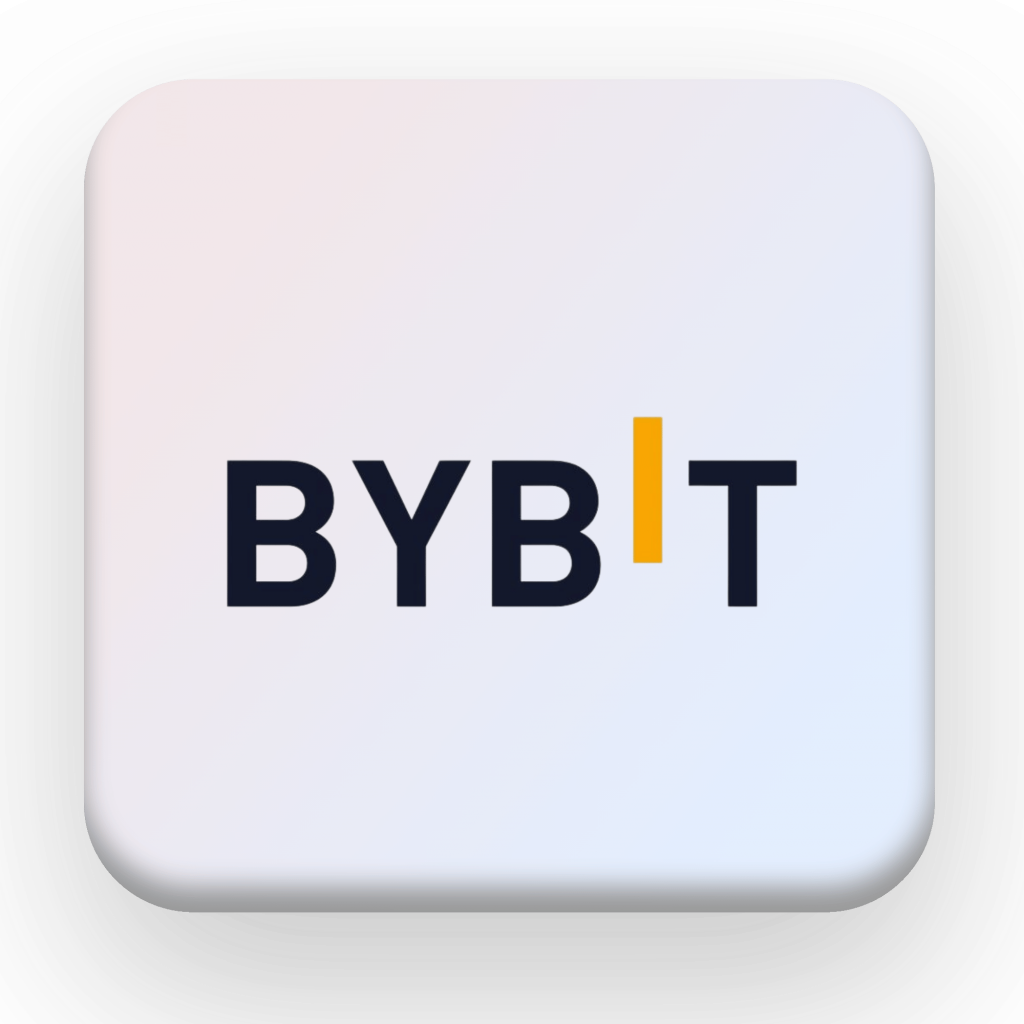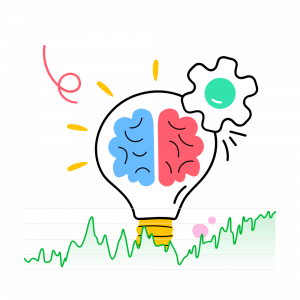Home / CRYPTOCURRENCY TRADING / AI TRADING IN CRYPTO

AI Trading in Crypto:
Revolutionizing Cryptocurrency Trading with Artificial Intelligence
In the rapidly evolving world of cryptocurrency, AI trading has become a game-changer for traders looking to gain an edge in the highly volatile market.
Leveraging the power of artificial intelligence (AI), crypto trading bots and algorithmic trading are helping traders automate strategies, analyze market trends, and make informed decisions in real-time.
In this article, we’ll explore how AI trading is reshaping the cryptocurrency space, its benefits, key tools, and the future potential of AI in crypto trading.
What is AI Trading in Crypto?
AI trading refers to the use of artificial intelligence algorithms to make buy and sell decisions in the cryptocurrency market.
By analyzing vast amounts of data – such as historical price trends, market sentiment, trading volumes, and technical indicators—AI can predict future price movements, execute trades at optimal times, and even adjust strategies automatically.
Unlike traditional trading methods, which often rely on human intuition, AI trading in crypto markets offers enhanced accuracy, speed, and the ability to process large datasets instantly. This makes it an invaluable tool for cryptocurrency traders, especially in markets known for their unpredictability and volatility.
How Does AI Trading Work in Crypto?
AI trading algorithms use machine learning (ML) models to continuously learn from new data. Here’s how the process typically works:
Data Collection: AI systems gather massive datasets from multiple sources, including price charts, market news, sentiment analysis from social media, and blockchain data.
Data Processing: The collected data is processed using advanced statistical models to identify patterns and trends that might indicate potential price movements.
Signal Generation: Based on the processed data, the AI generates buy or sell signals that align with market trends. These signals can be based on various indicators like moving averages, relative strength index (RSI), or candlestick patterns.
Execution: AI trading bots then execute trades in real-time based on the signals generated, eliminating the delays and emotional biases associated with human trading.
Continuous Learning: The system constantly evaluates the results of its trades and fine-tunes its models to improve its performance over time.
Binance is a leading global cryptocurrency exchange known for its wide range of trading pairs, low fees, and advanced features for both beginners and professionals.
Coinbase is a popular and user-friendly cryptocurrency exchange that offers secure and easy access to buying, selling, and storing digital assets.
Kraken is a well-established cryptocurrency exchange offering a secure platform with a wide selection of coins and advanced trading tools for all types of traders.
KuCoin is a global crypto exchange providing a wide variety of altcoins, advanced trading features, and competitive fees for users worldwide.
BingX is a global cryptocurrency exchange that offers spot and derivative trading with an intuitive interface and a focus on social trading.
Huobi Global is a leading cryptocurrency exchange that offers a wide range of digital assets and advanced trading tools with a focus on security and liquidity.
OKX is a comprehensive digital asset exchange that provides advanced features like margin trading, futures, and DeFi services with low fees.
Bybit is a popular exchange known for its leveraged trading options and advanced charting tools, tailored for professional cryptocurrency traders.
Gate.io is a global cryptocurrency exchange that offers a wide range of coins, low trading fees, and features like margin and futures trading.
Bitget is a global crypto exchange offering futures and spot trading with an emphasis on user-friendly features and high liquidity.
The Benefits of AI Trading in Cryptocurrency
The integration of AI into cryptocurrency trading offers several significant advantages, making it an attractive option for traders:
1. Increased Efficiency and Speed
AI-powered trading bots can analyze and execute trades at speeds far beyond human capabilities. In the highly volatile crypto market, the ability to react quickly to price fluctuations can make the difference between a profitable and a loss-making trade.
2. 24/7 Trading
Cryptocurrency markets never sleep. Unlike human traders who need rest, AI bots can operate 24/7, monitoring markets and executing trades around the clock. This is particularly useful for traders in different time zones or those who don’t have the time to manually monitor the market.
3. Emotion-Free Trading
One of the biggest challenges in trading is managing emotions, particularly fear and greed. AI trading eliminates emotional biases, sticking to predetermined strategies and rules without being influenced by sudden market swings or psychological factors.
4. Better Risk Management
AI trading systems are designed to optimize risk management by using advanced algorithms to set stop-loss orders, determine position sizes, and adjust strategies based on market conditions. This can help minimize losses in highly volatile markets.
5. Advanced Market Analysis
AI systems can analyze vast amounts of data in real-time, offering traders insights that would be difficult or impossible to gather manually. Sentiment analysis using natural language processing (NLP) can also help predict market trends based on news events, social media activity, and investor sentiment.
Top AI Trading Platforms in Crypto
Several platforms are currently offering AI trading solutions for cryptocurrency markets. Here are some of the most popular ones in 2025:
| Platform | AI Features | Supported Cryptos | Fees |
|---|---|---|---|
| 3Commas | Trading bots, portfolio management, advanced analytics | Bitcoin, Ethereum, and more | 0.25% per trade |
| Cryptohopper | Automated trading, backtesting, technical analysis | Bitcoin, Ethereum, Litecoin, etc. | $19/month (Basic plan) |
| TradeSanta | Cloud-based bot, 24/7 trading, customizable strategies | Bitcoin, Ethereum, USDT | $14/month (Starter plan) |
| HaasOnline | Advanced trading bots, backtesting, arbitrage | Bitcoin, Ethereum, Altcoins | $0.01 to $0.04 per trade |
| Shrimpy | Automated trading, portfolio management, social trading | Bitcoin, Ethereum, Litecoin, and more | $19/month (Pro plan) |
AI Trading Bots vs. Human Traders: What’s the Difference?
While both AI trading bots and human traders aim for profitability, there are key differences that make AI particularly attractive for the crypto space:
| Factor | AI Trading Bots | Human Traders |
|---|---|---|
| Speed | Executes trades in milliseconds | May take seconds or minutes to act |
| Emotion | Emotion-free, consistent with trading rules | Prone to emotional decisions (fear, greed) |
| Availability | 24/7, no breaks | Limited by time zones and fatigue |
| Data Analysis | Can analyze vast amounts of data in real-time | Can only analyze a limited amount of data |
| Backtesting | Can perform real-time backtesting on strategies | Must rely on past experiences and intuition |
As we can see, AI trading bots excel in speed, efficiency, and consistency. While human traders can outperform bots in certain complex market conditions, AI offers a significant advantage in managing routine tasks, handling data, and making rapid decisions.
Key Statistics: The Rise of AI in Crypto Trading
The popularity and adoption of AI trading in cryptocurrency have been growing steadily. Here are some key statistics that highlight the increasing use of AI in crypto markets:
- AI in crypto trading is expected to grow by 42.7% CAGR (Compound Annual Growth Rate) from 2024 to 2030, according to a report by Market Research Future.
- Over 30% of crypto traders in 2024 use AI-powered bots to automate trading, up from 18% in 2022.
- According to CoinTelegraph, 60% of crypto hedge funds employ some form of algorithmic trading or AI-based systems for portfolio management.
- Bitcoin (BTC) remains the most traded cryptocurrency through AI bots, with approximately 50% of automated trades in 2024 involving Bitcoin.
Challenges and Limitations of AI Trading in Crypto
While AI trading offers numerous benefits, it’s not without its challenges:
- Overfitting: AI algorithms can sometimes over-optimize on past data, leading to poor performance in live market conditions.
- Complexity: Setting up and tuning an AI trading bot requires a certain level of technical knowledge, which can be a barrier for new traders.
- Market Manipulation: AI bots, if not properly configured, could be manipulated by pump-and-dump schemes or flash crashes, leading to significant losses.
- Regulatory Issues: As AI in trading becomes more widespread, the regulatory landscape surrounding AI-driven crypto trading may evolve, presenting challenges for traders and platforms alike.
Conclusion: The Future of AI Trading in Crypto
AI trading is no longer a futuristic concept; it’s a present-day reality transforming how crypto traders interact with the market. With faster decision-making, emotion-free trading, and the ability to process vast amounts of data, AI trading bots are becoming an indispensable tool for traders aiming to navigate the volatility of the crypto market.
As AI technology continues to evolve, the potential for more advanced features, better risk management, and more accurate market predictions will only increase. However, traders should also be aware of the challenges and limitations and use AI tools alongside their own trading knowledge and experience.
Whether you’re a novice or a professional trader, embracing AI in crypto trading can give you a competitive edge and help you make smarter, faster, and more profitable decisions in the dynamic world of cryptocurrency.

Author: Alex Turner
Expert in Cryptocurrency Markets & Blockchain Technology
Alex Turner is a seasoned cryptocurrency expert with over 8 years of experience in the digital asset industry.
As a senior market analyst and cryptocurrency strategist, Alex has worked with several leading blockchain companies and financial institutions to develop market insights, trading strategies, and risk management frameworks.












